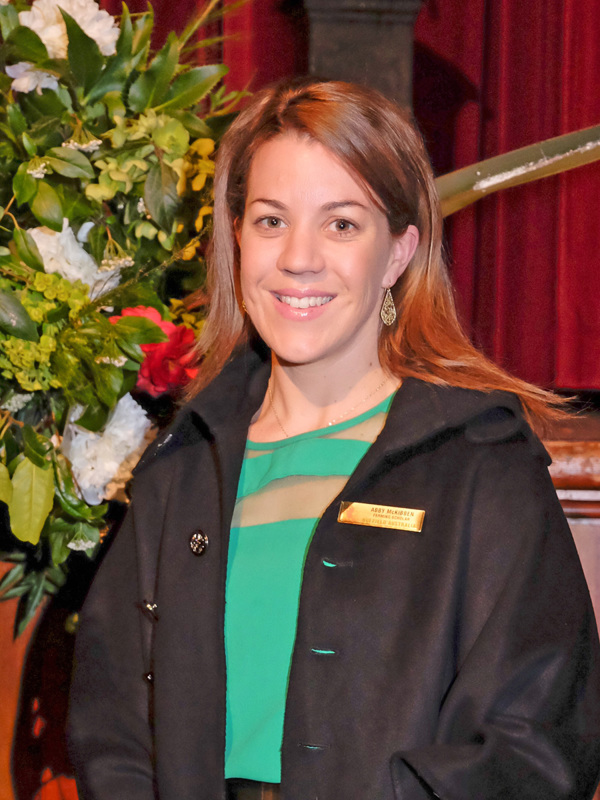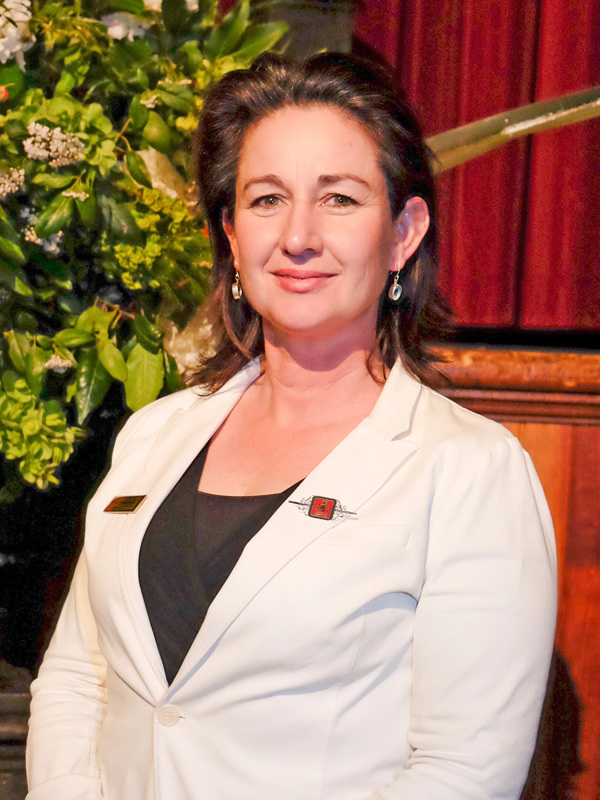
Jonathan Dyer

Nuffield Australia 2015 Scholar
Dyer’s data farm
Data driven technologies have revolutionised all industries in which they’ve been adopted, and agriculture is no exception according to 2015 scholar Jonathan Dyer.
For as long as he can remember, Mr Dyer from Kaniva in Victoria, has been highly intrigued by computers and digital technology, and how these can potentially enhance the grains industry. Mr Dyer’s Nuffield scholarship, supported by Rural Finance Corporation, investigated the possibilities ‘Big Data’ creates for improving farm practice and profitability and the impacts it will have on agriculture. His recently released report outlines the findings from his two year scholarship, which included travel to the United States, England, Mexico, Brazil, NZ, Israel, Canada and France.
“I could see digital technology coming into farming in Australia, and I realised that very few farmers have the technology background that I do, having studied and worked in IT,” Mr Dyer said.
“We’ve been collecting various forms of data on our farm for more than a decade, but we’ve hardly been using it. ‘Big Data’ was starting to become a buzzword in the IT industry around the time that I had entered into agriculture and so I wondered, ‘What’s in this for farmers? The rise of a myriad of cheap sensors, combining with more access to GPS technology has transformed on farm data collection from an expensive and laborious process that few farmers could be bothered with, to one that is relatively cheap and increasingly easy.
“Once accurate data is being collected at the farm level, such data can be aggregated and compared across different businesses, regions, and countries. Farmers can use this aggregated data to analyse farm business performance. The promise of this is the potential for real-time business benchmarking.”
Mr Dyer farms in a family partnership in the West Wimmera region, specialising in broad-acre grain production on about 2,200 hectares. The family grows a mixture of bread and durum wheat, canola, lentils, faba beans and chickpeas in a continuous cropping rotation. As well as determining how farmers can best use and benefit from on farm data collection, My Dyer’s research analysed why third parties, for example agribusiness multinationals, are interested in gaining access to farmer’s data, and what the potential implications are for farmers.
“There are many people who believe there is much value to be extracted from this data as evidenced by the venture capital flowing into new companies attempting to make use of it. This may be concerning to farmers who may not understand the motivations behind a company wanting to access farmer data. But while these concerns about control of data are certainly valid, on the flipside more open supply chain data may allow for cheaper inputs and potentially even a new revenue stream for some farmers.
“It will certainly lead to better genetics and machines for farmers to use.”






















